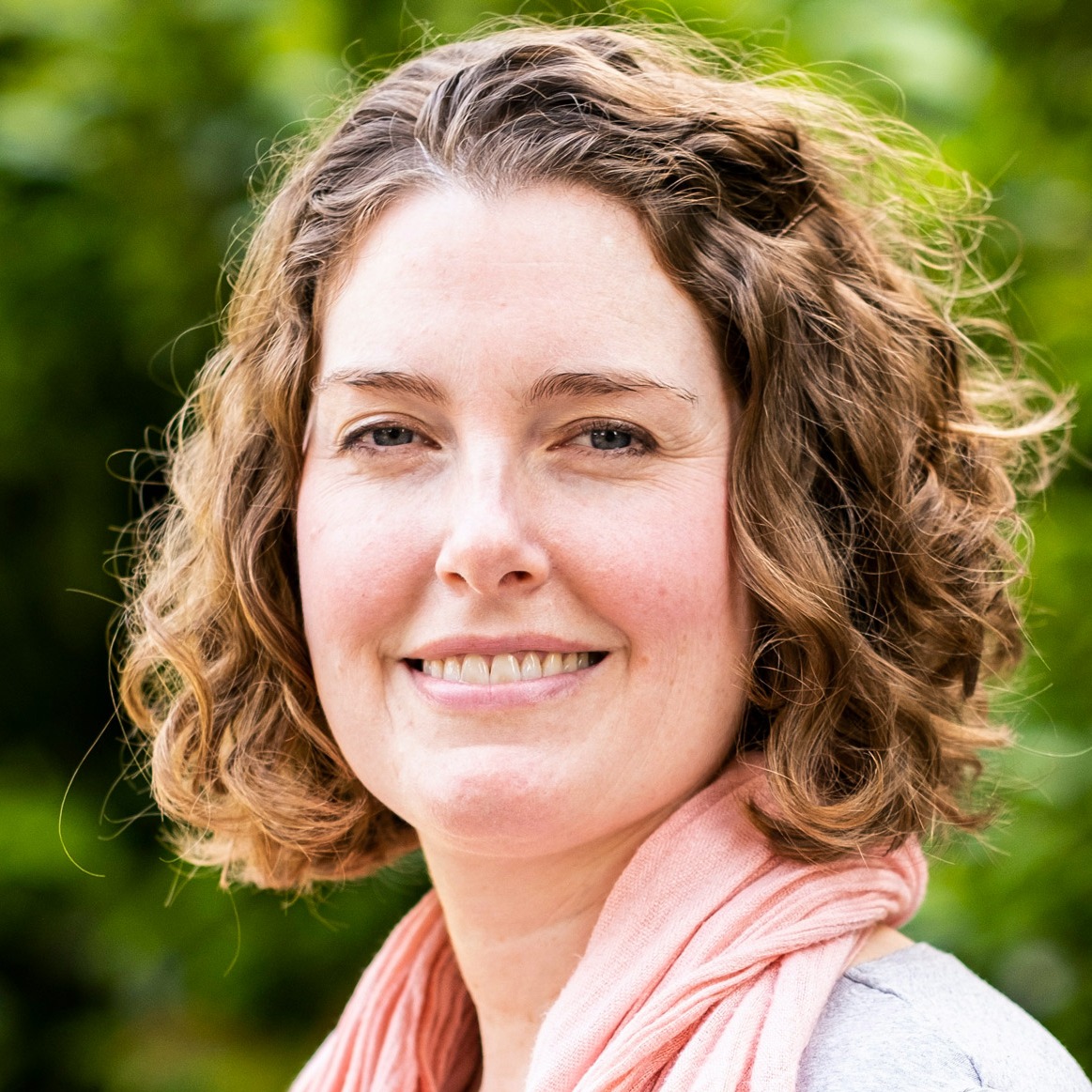More and more pharmacists are considering dual degrees in pharmacy and law. Dr. Erin Albert, president-elect of the American Society for Pharmacy Law, shares her experience and insights about this path below.
– – –
Ever since I was a sophomore in high school, I knew I wanted to be a pharmacist. My decision to go to law school was never part of the plan. It took three swings of the bat before I was ever in law school. As something of an accidental pharmacist-attorney, here are those three swings:
Red-headed stepchild: I was the odd undergraduate (for my bachelor’s degree in pharmacy at Butler University) who actually liked classes like business, ethics, and pharmacy law.
Pharmacy law exposure: Deciding to go back to school for my PharmD, I did an optional Advanced Pharmacy Practice Experiences rotation in pharmacy law for a pharmaceutical firm and loved it.
Opportunity to teach: There was a chance to teach pharmacy law when I was teaching in a pharmacy school.
Teaching pharmacy law was the main reason why I wanted to go to law school, but I had other reasons too, including some of the following:
Learning how to protect intellectual property: I published several books, but did not fully understand trademarks, patents, and copyrights, or ways to protect creative ideas.
Improving my business sense: As a part-time entrepreneur, I had to understand how businesses legally form, along with other questions. What issues are important to a contract? How do contracts even happen anyway? (My best class was the Uniform Commercial Code/Sales class — sale of goods! Loved it.)
Making the most of the Affordable Care Act: The ACA was rolling out at the time. How could pharmacists maximize this new 10,000-page law to better serve their patients and create better opportunities for the profession?
I’m happy to say that I apply these areas of law in my pharmacy work pretty much daily, and several years out of law school, am glad I went.
Finding my tribe
Once I started my law school journey (a lot of LSAT cramming I’ll leave out here), I found my tribe, finally! I found so many other pharmacists, nurses, physicians, and other healthcare professionals out there who added on law school. I also found my mentor, Prof. Joe Fink, another pharmacist-attorney who was a founder of the American Society for Pharmacy Law, or ASPL.
ASPL is an organization made up of attorneys, pharmacists, pharmacist-attorneys, and students of pharmacy or law who are interested in the legal field as it applies to pharmacists, wholesalers, manufacturers, state and federal governments, as well as other parties. It’s a nonprofit with several goals:
Furthering knowledge in the law related to pharmacists, pharmacies, and the provision of pharmaceutical care
Addressing policy in the manufacturing and distribution of drugs, along with other food, drug, and medical device issues
Communicating accurate information in legal education
Providing educational opportunities for pharmacists, attorneys, and others who are interested in pharmacy law
I serve on the board of ASPL as president-elect. We have a student membership level and a professional level of membership; in addition, our members receive a newsletter every month with pharmacy law cases and topics, and we host an annual meeting with hundreds of attendees every year. Some of the topics discussed in our November 2020 meeting are listed below:
Compounding in pharmacy and the Drug Quality and Security Act (DQSA)
Pharmacy benefit managers and the Employment Retirement Income Security Act of 1974 (ERISA)
Drug counterfeiting (our keynote speaker was Katherine Eban, author of the book Bottle of Lies)
COVID-19 from several different legal points of view, including supply chain matters, vaccine issues, and new drug approvals
Case law update in pharmacy law
50 state law surveys of hot topics in pharmacy law
Ethics in pharmacy, law, and pharmacy law
ASPL has hundreds of members who are passionate about the intersection of pharmacy and law.
Should you go to law school after pharmacy school?
First, you should know that there are five joint PharmD/JD programs, according to the American Association of Colleges of Pharmacy. Personally, I would not recommend that anyone obtain a joint PharmD/JD degree straight out of high school, or even at the same time. I’d advise deciding if law school is for you and pursuing it after pharmacy school.
Along these lines, the second thing I want to be clear about is law school is not for everyone. (I was nearly talked out of it by several of my lawyer friends before I ultimately attended.) Speaking from my own experience, law school can change your brain, and not always in a good way. Also, I found that pharmacy school taught me how to be a pharmacist through rotations and experiential hours. But law school didn’t really teach me how to be a lawyer; it taught me how to think like a lawyer.
What’s more, law school was a 4-year, part-time haul for me. I worked during the day as a pharmacy school professor while going to law school at night. Most people need around 3 years to get through law school full-time. Then there is the bar exam, and let’s just say it required a significant amount of time and independent study.
Pharmacist-attorneys: Unlocking hidden doors
That being said, if you can commit to the time and studying for getting through and achieving both the pharmacist and attorney licenses, the combination of a pharmacy and a law degree can open many career opportunities that weren’t available in pharmacy school. My colleagues in pharmacy law work in traditional law firms, but also in these sectors:
Privacy
Law enforcement
Regulatory and policy
Government agencies and public offices, local, state, and federal
Health IT, technology, and AI
Hospital administration
Patent lawyers
Pharmacy benefit managers (PBMs)
Health plans
Managed care plans
Counsel in the pharmacy supply chain
Think tanks
Insurance
I work for a consulting agency that provides insurance brokerage services.. My current day job, like many of my roles, was never part of my career plan, and I only learned about it after graduating.
With over 20,000 drugs on the market (give or take), the public health crisis of COVID-19, the increasing complexity of specialty drugs, and rising healthcare costs, I see a wider landscape of options for pharmacist-attorneys in the years ahead.

Why trust our experts?
















